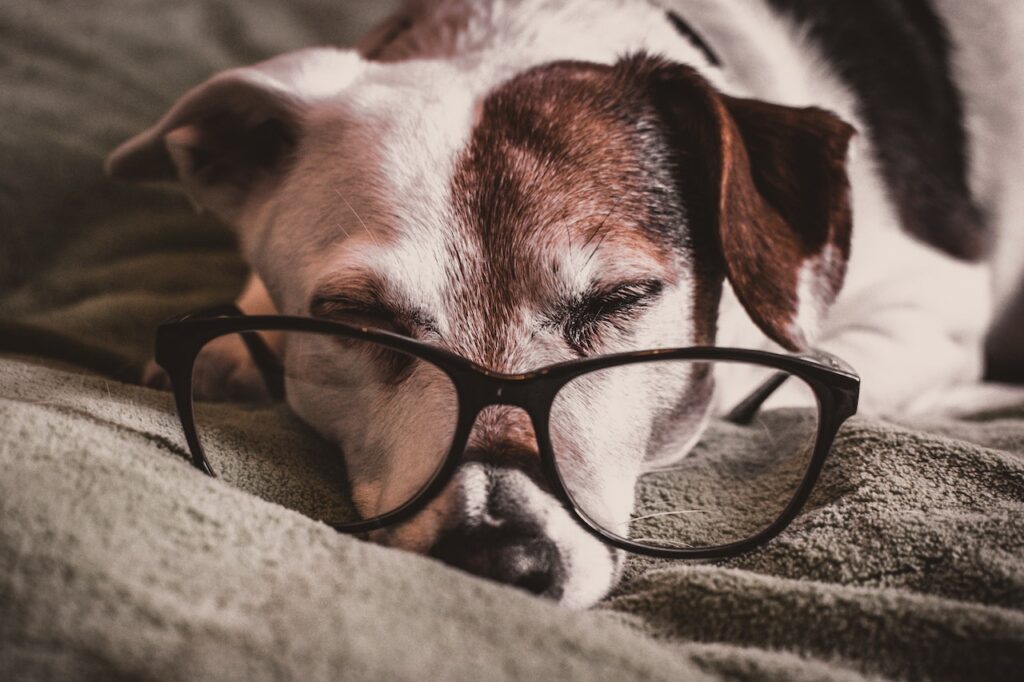How to Train Your Older Dog: Tips and Tricks for Successful Outcomes
Training an older dog can be challenging, but it is possible with the right approach and attitude! This article is just what you need if you’re looking for helpful tips and tricks to train your older pup. Here we will discuss how to teach your furry friend new tricks and handle any behavioural challenges that may arise. We’ll also provide some useful advice on keeping training sessions upbeat and using positive reinforcement for successful outcomes. So if you’re ready, let’s get started on helping your pooch become the best version of himself!
How to Train Your Older Dog
You can train your canine companion with the right approach and patience. Seniors learn differently than younger dogs. Training should focus on reinforcing positive behaviours and using rewards that motivate older dogs rather than punishing bad behaviours.
Tips for Introducing Training for a Senior Dog:
- Establish a routine with consistent meal times, exercise periods, potty breaks and training sessions
- Be patient – older dogs learn more slowly than younger ones
- Use positive reinforcement such as verbal praise or treats
- Make training fun by incorporating toys & puzzles into the sessions
Establishing a Routine
When training an older pup, establishing a routine means having consistent times for meals, exercise, potty breaks, and training sessions. Doing this will keep your pup on track with their learning process and prevent boredom. Additionally, ensure they have plenty of rest between activities, so they aren’t too tired.
Be Patient
It is important to remember that older dogs learn slower than younger pups. They are also more set in their ways, making them resistant to change or new commands. Therefore, it is essential to remain patient with your furry friend when introducing new concepts or commands during training sessions – don’t expect them to learn everything overnight!
Use Positive Reinforcement
Positive reinforcement is an effective way to get your pup excited about learning new things! Whether it be verbal praise (such as “Good boy!” or “Good girl!”) or treats, providing rewards for good behaviour will help motivate your pooch and encourage them to keep trying even if they aren’t successful at first attempts. It is also important not to scold them when they do something wrong – redirect their attention back onto the task without harsh words or punishments. This will ensure that your pup associates training with fun activities rather than negative experiences!
Make Training Fun
Training should be enjoyable for both you and your pup! Incorporate play into each session by offering different types of toys that require mental stimulation – such as puzzles or interactive games – which will help keep their minds engaged while teaching them obedience commands like sit and stay. You can also use treats as rewards during these activities; this will further motivate them while boosting their confidence in their own abilities.
Benefits of Training An Older Dog:
Training an older pup can provide several benefits for both you and your four-legged friend. It will help them learn how to behave properly, but it also helps prevent boredom that can occur when dogs do not have mental or physical stimulation. Additionally, training allows seniors to form a stronger bond with you as their owner – something that is incredibly important for their overall well-being. It may take time to get used to this new way of interacting. Still, if you remain consistent and patient with your older dog, they will eventually understand how to respond correctly in different situations. Training an elderly pup may seem daunting at first, but following these tips will surely be successful! And who knows?
Benefits:
- Helps reduce boredom & anxiety in elderly pups
- Improves cognitive abilities & mental stimulation
- Enhances bonding between pet & owner
- Improves overall health & wellbeing
Wrap Up
Training an older pup can be challenging, but it is possible with the right approach. Establishing a routine and using positive reinforcement during each session can help your pup learn how to behave properly while also engaging their mind and strengthening your bond. With patience and dedication, training an elderly pooch will undoubtedly prove to be successful! Good luck!
Are you ready to start training your older pup? Get your furry friend insured with Furrr.co.uk today! We offer comprehensive pet insurance policies to cover the cost of vet visits and expenses so you can focus on having fun with your pup! Get started by visiting our website and seeing how easy it is to get coverage. Your four-legged friend will thank you later!










